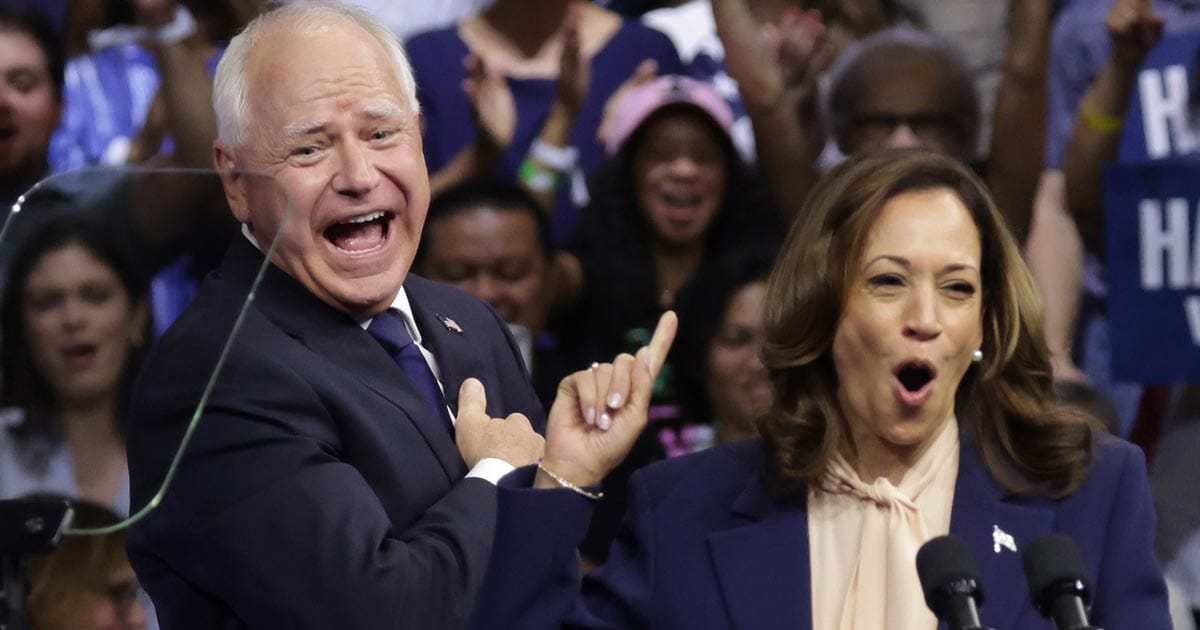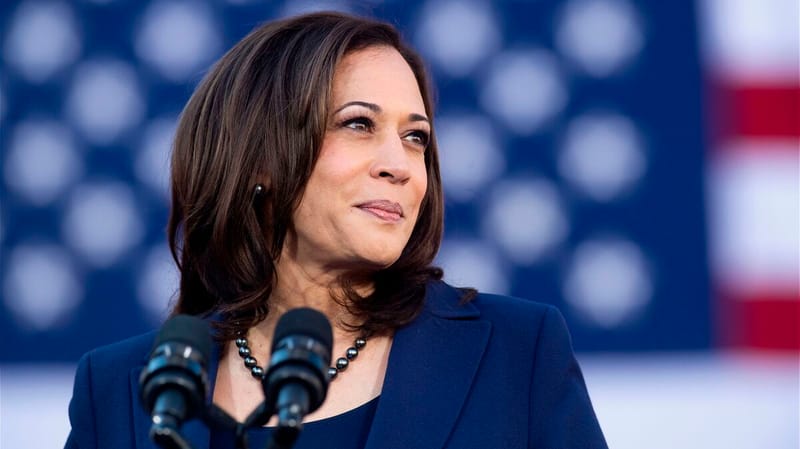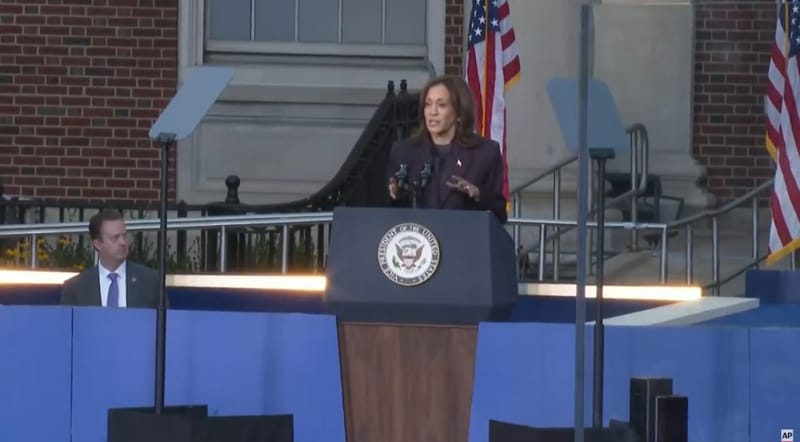Kamala Harris Campaign Alters Google Ads to Mimic News Endorsements
Kamala Harris's presidential campaign has been caught altering headlines and descriptions in Google search ads to give the impression that major news outlets are endorsing her candidacy. This tactic, revealed by recent reports and X posts, involves the campaign buying Google ads that link to real news articles
Kamala Harris's presidential campaign has been caught altering headlines and descriptions in Google search ads to give the impression that major news outlets are endorsing her candidacy. This tactic, revealed by recent reports and X posts, involves the campaign buying Google ads that link to real news articles but with headlines and summaries rewritten to appear more favorable towards Harris.
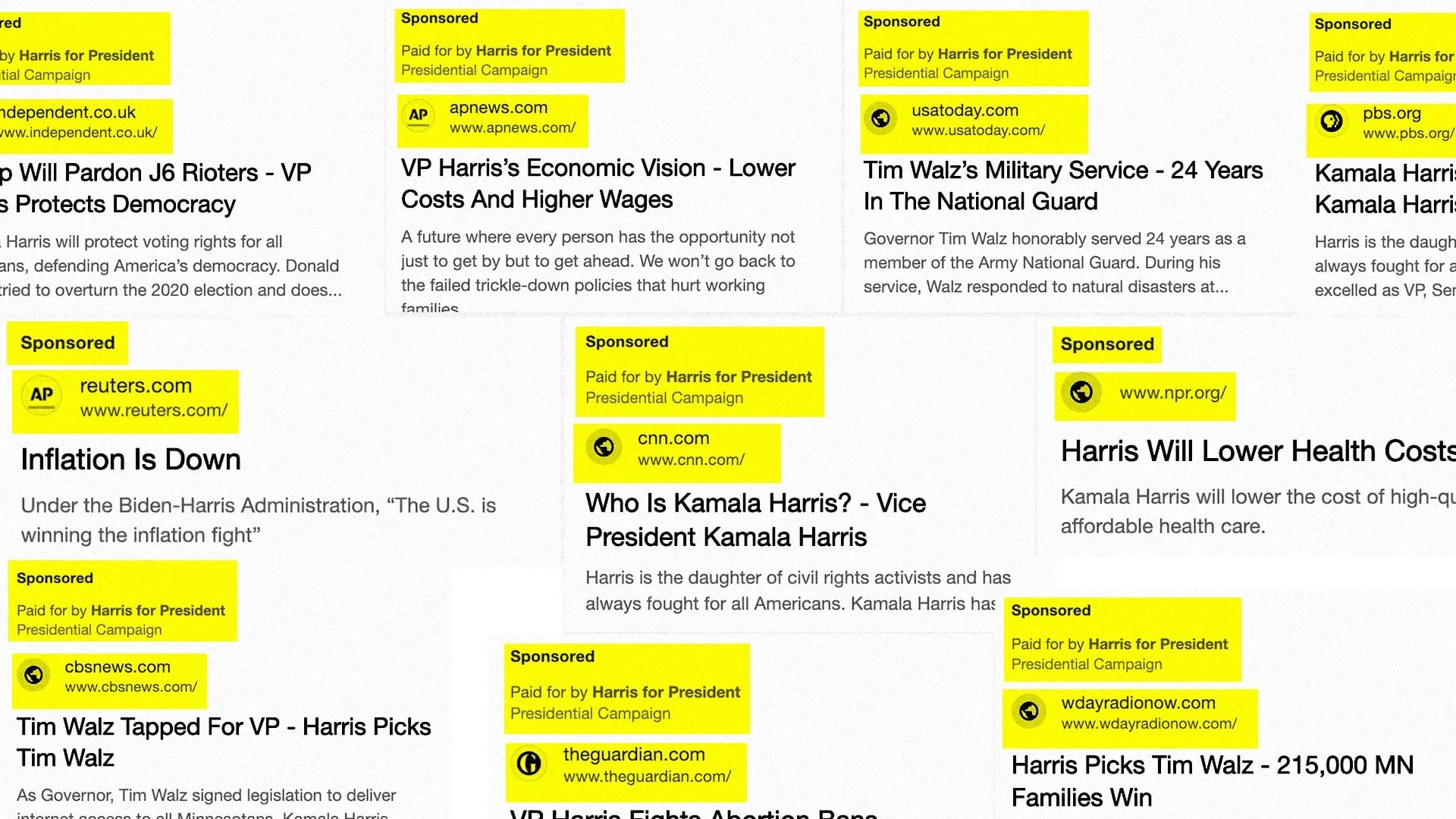
- The Strategy: According to insights from various X posts and an Axios report, the Harris campaign has been editing content in such a way that when users search for news about Kamala Harris, the ads suggest that reputable sources like The Guardian, Reuters, and CBS News are offering positive coverage or outright endorsements of her campaign. However, these headlines are not reflective of the actual content of the linked articles.
- Public and Media Reaction: The tactic has drawn criticism from both the public and media outlets. Critics argue that this manipulation could mislead voters by creating a false narrative of widespread media support. Media organizations, concerned about their integrity, might see this as an overstep, even if Google's disclosure practices are intended to clarify the nature of these ads.
- Google's Stance: Google has maintained that their system of labeling ads as sponsored content should suffice to inform users that these are not organic search results or genuine news headlines. However, the effectiveness of these disclosures in preventing voter confusion remains under scrutiny.
- Implications for Political Advertising: This incident highlights the evolving landscape of political advertising in the digital age, where the line between advertisement and news can blur significantly. It raises questions about the ethics of political campaigns using technology to shape public perception through what appears to be news but is actually paid content.
- Looking Forward: As the 2024 election cycle intensifies, this case might prompt discussions on how political campaigns utilize digital platforms for advertising, potentially leading to new regulations or guidelines on transparency in political ads. For now, the Harris campaign's strategy has sparked a debate on the integrity of information in the digital political arena.

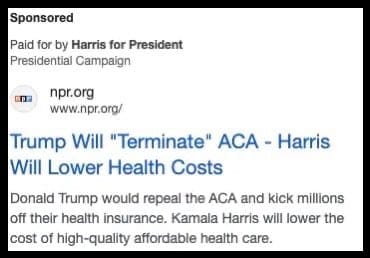
This approach by the Harris campaign underscores the complexities of digital campaigning, where the quest for favorable public opinion can sometimes tread into ethically grey areas, challenging both the platforms and the campaigns to maintain transparency and trust.
